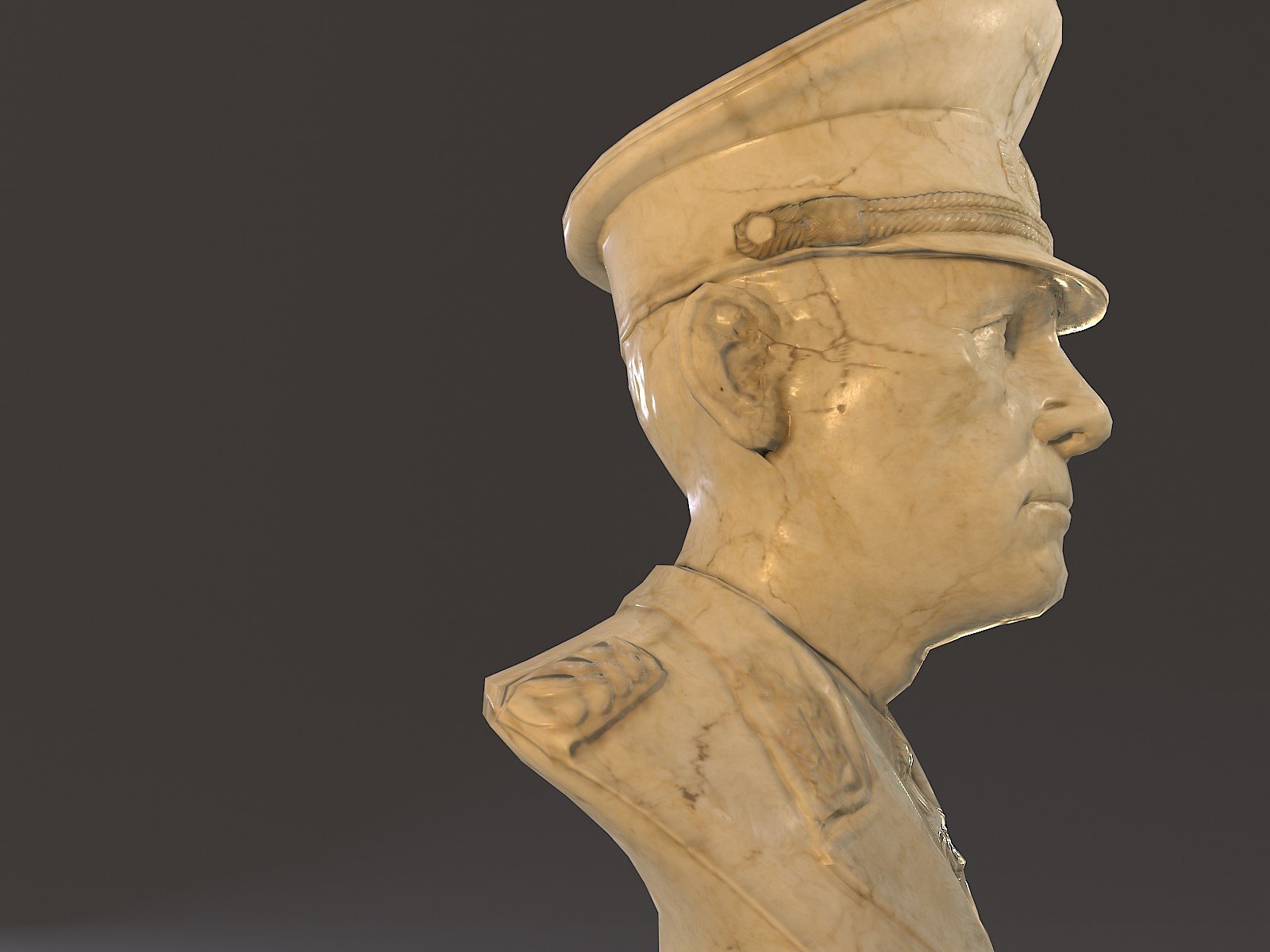
Erwin Rommel, often called the "Desert Fox," was one of Germany's most respected military leaders during World War II. Known for his strategic brilliance and daring tactics, Rommel's legacy is both celebrated and controversial. Did you know he was involved in a plot to assassinate Hitler? Or that he wrote a book on infantry tactics? Rommel's life was full of intriguing moments that shaped history. This post will delve into 14 fascinating facts about this enigmatic figure, shedding light on his military career, personal life, and the myths that surround him. Get ready to uncover the lesser-known aspects of Rommel's story.
Early Life and Military Beginnings
Erwin Rommel, known as the "Desert Fox," was a prominent German general during World War II. His early life and military career set the stage for his later fame.
-
Born on November 15, 1891, in Heidenheim, Germany, Rommel was the son of a schoolteacher. His early education was influenced by his father's profession.
-
Rommel joined the German Army in 1910. He quickly rose through the ranks due to his tactical brilliance and leadership skills.
-
During World War I, Rommel earned the Iron Cross for bravery. His actions in the Italian Campaign showcased his innovative tactics.
Rise to Prominence
Rommel's career took a significant turn during World War II. His strategies and leadership earned him a reputation as one of Germany's most skilled generals.
-
In 1940, Rommel commanded the 7th Panzer Division during the invasion of France. His unit was nicknamed the "Ghost Division" due to its rapid and unpredictable movements.
-
Appointed to lead the Afrika Korps in 1941, Rommel's tactics in North Africa earned him the nickname "Desert Fox." His ability to outmaneuver Allied forces was legendary.
-
Rommel's victories in North Africa included the capture of Tobruk in 1942. This success boosted his reputation and morale among his troops.
Personal Traits and Leadership Style
Rommel's personal traits and leadership style contributed to his effectiveness as a military commander. His approach to warfare was both innovative and humane.
-
Known for his hands-on leadership, Rommel often visited the front lines. His presence boosted the morale of his soldiers and allowed him to make quick, informed decisions.
-
Rommel was respected by both his troops and his enemies. His humane treatment of prisoners of war earned him admiration even from the opposing side.
-
He was a master of using terrain to his advantage. Rommel's ability to adapt to different environments made him a formidable opponent.
Challenges and Controversies
Despite his successes, Rommel faced numerous challenges and controversies throughout his career. His relationship with the Nazi regime was complex and often strained.
-
Rommel disagreed with many of Hitler's strategies. His independent thinking sometimes put him at odds with the Nazi leadership.
-
In 1944, Rommel was implicated in a plot to assassinate Hitler. Although his exact involvement remains unclear, he was forced to commit suicide to protect his family.
Legacy and Impact
Rommel's legacy extends beyond his military achievements. His impact on modern military tactics and his complex relationship with the Nazi regime continue to be studied.
-
Rommel's tactics are still studied in military academies around the world. His innovative approaches to warfare have influenced modern military strategy.
-
Despite his association with the Nazi regime, Rommel is often remembered for his integrity and professionalism. His humane treatment of prisoners and respect for his enemies set him apart from many of his contemporaries.
-
Rommel's life has been the subject of numerous books, films, and documentaries. His story continues to captivate historians and military enthusiasts alike.
The Legacy of Erwin Rommel
Erwin Rommel's life and career remain a subject of fascination. Known as the "Desert Fox," his tactical genius in North Africa earned him respect from both allies and enemies. Despite his association with the Nazi regime, Rommel's reputation for chivalry and humane treatment of prisoners set him apart. His involvement in the July 20 plot against Hitler showed his complex relationship with the regime he served. Rommel's forced suicide in 1944 marked a tragic end to a storied military career. Today, historians continue to debate his legacy, balancing his military brilliance with the moral ambiguities of his time. Understanding Rommel offers a glimpse into the complexities of World War II and the individuals who shaped its course. His story is a reminder that history is rarely black and white, but filled with shades of gray.
Was this page helpful?
Our commitment to delivering trustworthy and engaging content is at the heart of what we do. Each fact on our site is contributed by real users like you, bringing a wealth of diverse insights and information. To ensure the highest standards of accuracy and reliability, our dedicated editors meticulously review each submission. This process guarantees that the facts we share are not only fascinating but also credible. Trust in our commitment to quality and authenticity as you explore and learn with us.


